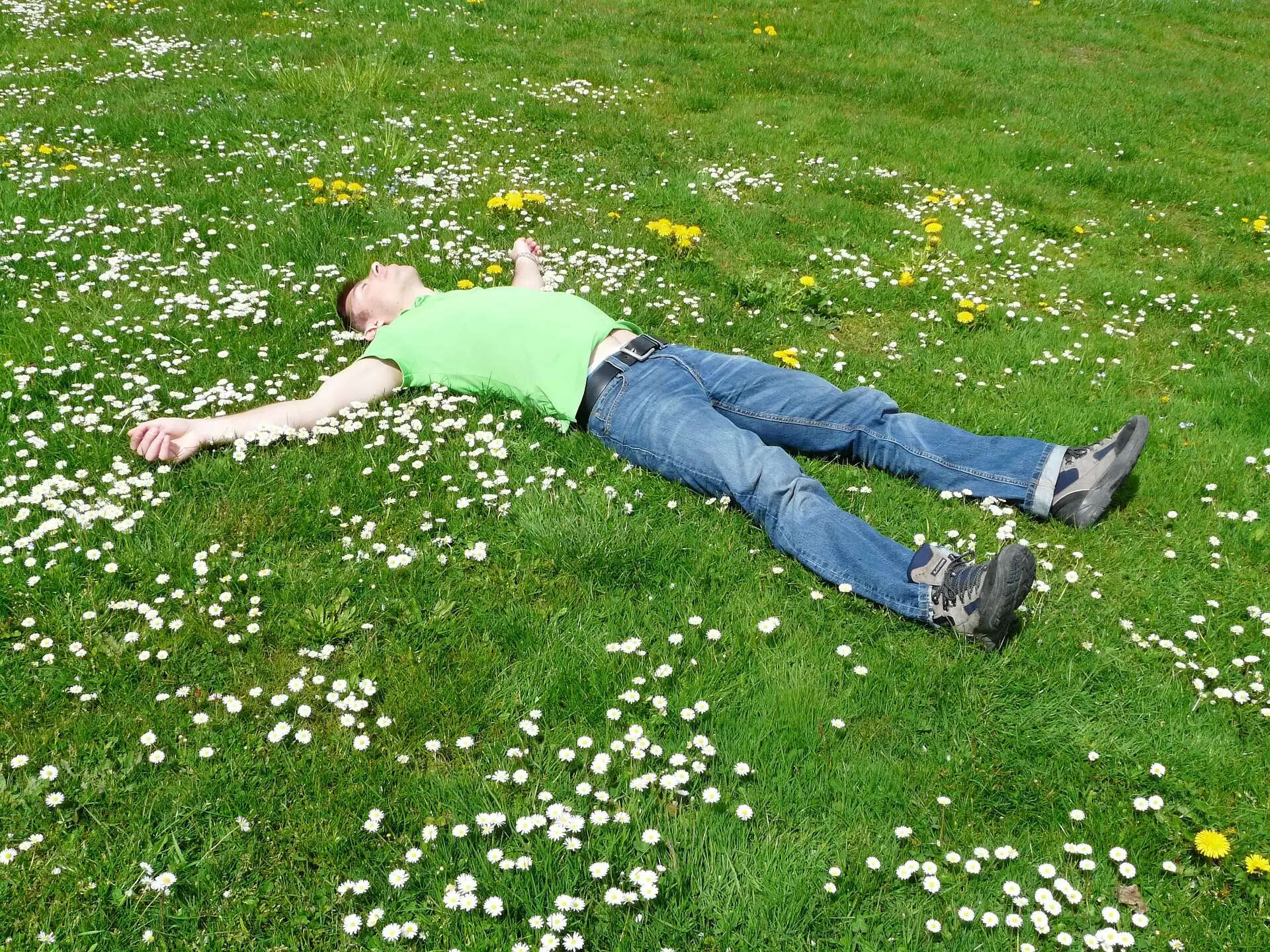The Rise Of Sleep Tourism

A World Tired Enough to Travel for Silence
Some trends arrive with noise; this one arrives with a yawn.
Across continents, an unusual behaviour is spreading: people are leaving their busy homes not for sights, festivals, or food trails, but for something far quieter — uninterrupted rest. In an age where attention is sliced into fragments, the simple act of sleeping has become scarce enough to send people searching for it beyond their own walls.
Daily Life, Rearranged Around Demands, Leaves No Corners for Stillness
The modern routine is shaped like a maze with no resting bench.
Notifications tug at pockets, responsibilities pile up like bricks, and hours dissolve into screens that glow long past dusk. Many wake up feeling as though the night simply blinked instead of unfolded. Since escaping their own routines at home feels like trying to stop a wheel already in motion, many people now choose to remove themselves from that environment altogether.
Their logic is simple: if rest will not come to them, they will go to where rest might be waiting.
Spaces Quietly Rebuilt for People Who Need to Slow Their Pulse
Without fanfare, certain travel spaces are transforming.
Not through lavish redesigns, but through subtraction — less sound, less glare, less clutter, fewer interruptions. Rooms are organised like soft envelopes: dimmed edges, uncluttered corners, colours that do not shout. Everything seems arranged to gently lower the volume of the mind.
Some staff members in these places no longer act as typical hosts. Instead, they become guides of unhurried evenings — suggesting earlier shut-eye hours, reinforcing the idea of unplugging, pointing guests toward slower rhythms that daylight often denies them.
Where Science Meets Stillness in Unusual Ways
High-end retreats, never one to ignore a rising current, have taken the idea further.
Their approach is not decorative but precise: environments where airflow shifts almost unnoticeably, where lighting slopes down rather than switches off, and where echoes are softened so footsteps do not intrude on thought. Some suites quietly monitor how a guest’s rest unfolds, not to intrude but to understand patterns hidden beneath the surface.
A few places even bring in experts who treat sleep as a field of study rather than luxury. They observe, interpret, and advise with the calmness of librarians handling rare manuscripts. Guests leave not with souvenirs, but with small behavioural rewrites they never considered before.
Why People Pay for What Should Be Free
Paradoxical though it sounds, paying for rest now makes sense to many.
With exhaustion spreading through modern life like a constant background signal, individuals are beginning to treat rest as something that must be safeguarded — even if it requires intentional investment.
What was once assumed to come naturally — a good night’s rest — is now recognised as a vital element that sharpens thinking, steadies emotions, and reinforces one’s ability to cope with daily pressures.
The New Journey Points Inward, Not Outward
This growing movement reveals something subtle: today’s travellers are no longer chasing landscapes alone. They are also chasing a pause, a deep inhale, a reset.
The most valuable destination, for many, is no longer a place marked on a map but the quiet within themselves — a place only reached when the world outside is finally hushed.
.jpg)
